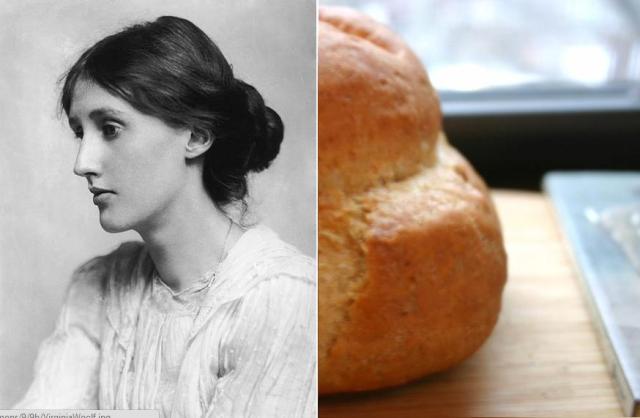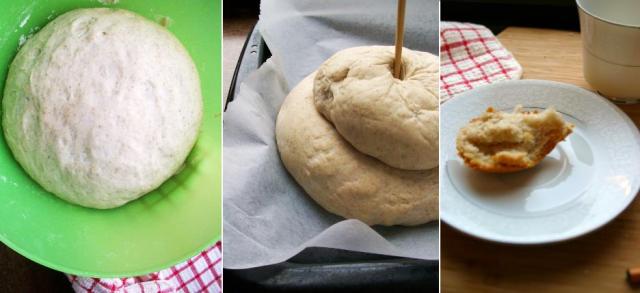“I made no resolutions for the New Year. The habit of making plans, of criticizing, sanctioning and molding my life, is too much of a daily event for me.” —Anaïs Nin
I never was much for resolutions; the self-analysis and self-critique we go through every day seemed like enough to keep me busy for a lifetime. Two years ago, though, I made my first serious attempt at a larger, grander goal: starting this blog. It’s been a joy to write and research ever since, and has introduced me to people around the world who love reading and eating too (often at the same time; maybe even while reading this post).
Needless to say, I’ve become a fan of resolutions, and who better to borrow from than famous writers and chefs themselves? So here are 10 pearls of wisdom from my literary and culinary idols that I’m trying to adopt in 2014. See if you can guess who originally wrote them—the answers are below.
- Get up every morning no later than eight. (Can break this rule once a week.)
- Plan ahead. Plan carefully and shop in advance for what you need. Planning saves money, as well as time and steps.
- When people talk listen completely. Don’t be thinking what you’re going to say. Most people never listen. Nor do they observe.
- Try never get drunk outside yr own house [sic]
- Don’t worry about losing. If it is right, it happens—The main thing is not to hurry. Nothing good gets away.
- Never take a mean advantage of anyone in any transaction, and never be hard upon people who are in your power.
- Try new recipes, learn from your mistakes, be fearless, and above all have fun!
- Discard the Program when you feel like it—but go back to it next day. Concentrate. Narrow down. Exclude.
- Beware of looking for goals: look for a way of life. Decide how you want to live and then see what you can do to make a living WITHIN that way of life.
- If time, so fleeting, must like humans die, let it be filled with good food and good talk, and then embalmed in the perfumes of conviviality.
Did you guess who said it?: 1) Susan Sontag, 2) James Beard, 3) Ernest Hemingway, 4) Jack Kerouac, 5) John Steinbeck, 6) Charles Dickens, 7) Julia Child, 8) Henry Miller, 9) Hunter S. Thompson, 10) M.F.K. Fisher
To jump-start that conviviality, I’m celebrating Paper & Salt’s birthday with our annual giveaway: a Cuisinart Enameled Cast Iron Dutch Oven (5 quart, in white).
Trust me, you will want it. For one thing, it’s the perfect vessel for this (which, given the cold, would be a good dinner right about now, no?).
There are ways to enter the giveaway (and yes, you can enter twice):
1) Comment on this post
2) Sign up for the Paper & Salt newsletter (everyone already on the list will be automatically entered to win!)
Giveaway closes on Monday, January 20. The winner will be announced in the next post and in the January newsletter. Apologies to those abroad, but only U.S. residents are eligible to win.
Good luck! Stay tuned for our regularly scheduled programming next week; or, in the immortal words of Mark Twain, “Now is the accepted time to make your regular annual good resolutions. Next week you can begin paving hell with them as usual.”






